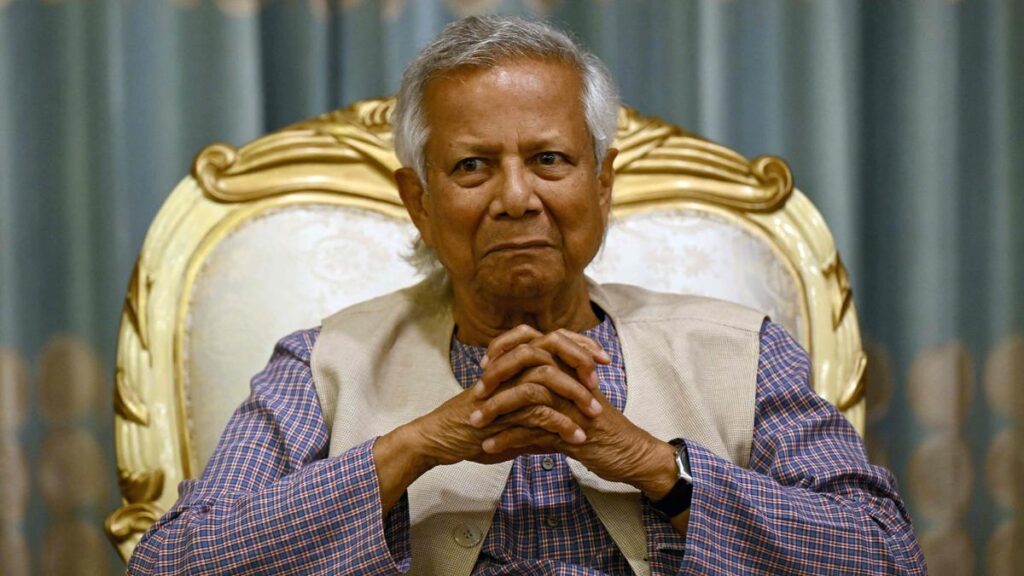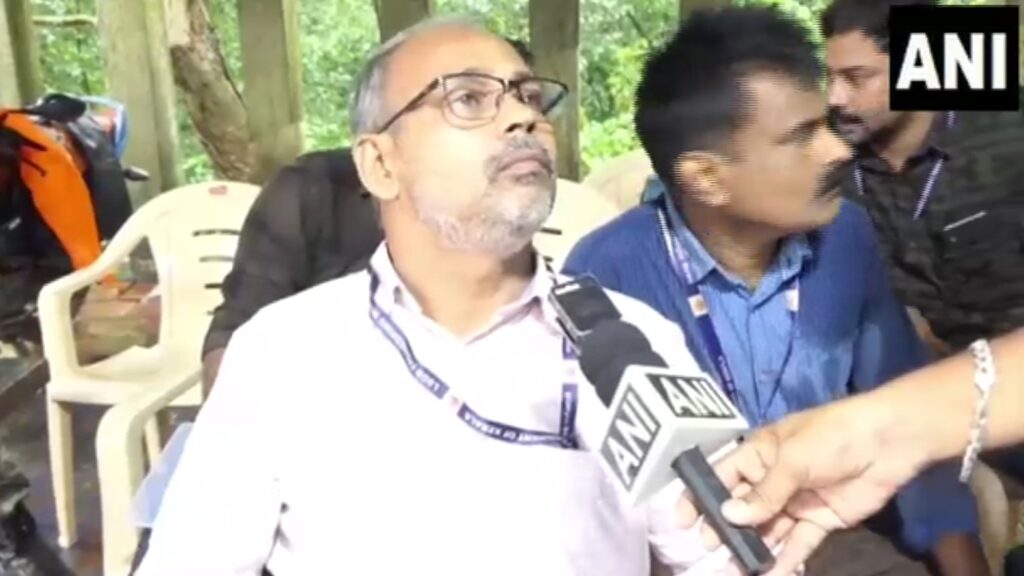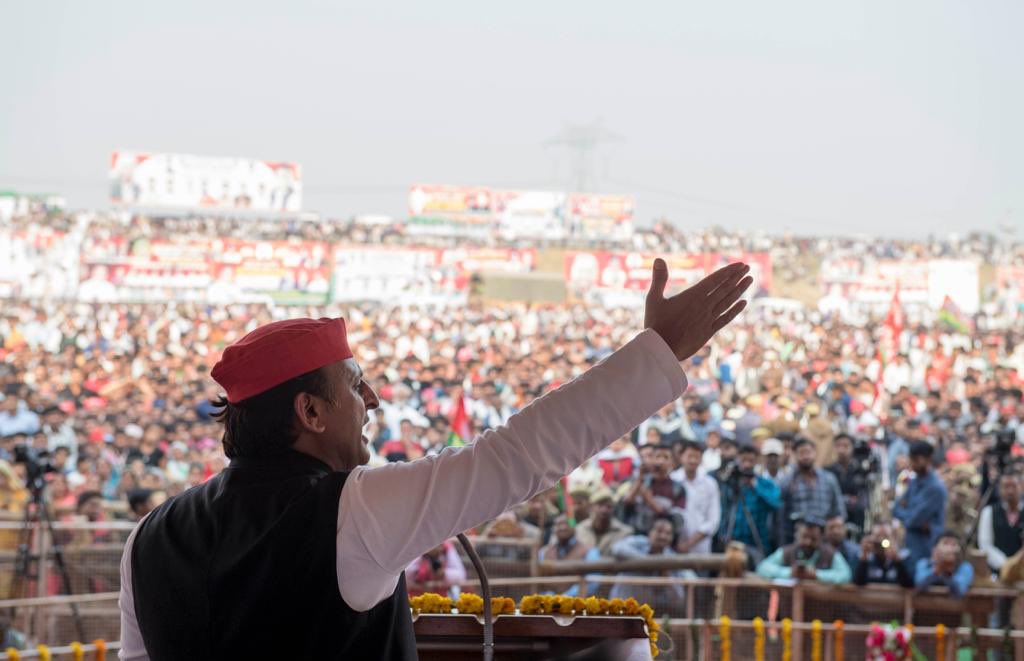Why Is Bangladesh Facing Political Uncertainty Over Muhammad Yunus?
The political landscape in Bangladesh is teetering on the edge of turmoil in 2025, with escalating tensions between interim Chief Adviser Dr. Muhammad Yunus and Army Chief General Waker-Uz-Zaman. Reports indicate that Yunus, the Nobel laureate leading the interim government, is contemplating resignation due to mounting pressures, including a lack of consensus among political parties and friction with the military. This crisis stems from the interim government’s controversial decisions and the absence of a democratic mandate, raising questions about governance and stability.
BIG BREAKING NEWS 🚨 Yunus might resign due to military pressure.
— Times Algebra (@TimesAlgebraIND) May 23, 2025
Protests might rock Dhaka yet again 😱
UNPRECEDENTED SITUATION in Bangladesh.
Students and Islamists are mobilising for protests in key Dhaka areas, especially after Friday prayers.
Bangladesh Army chief… pic.twitter.com/XrasoxcAph
What factors are driving Muhammad Yunus’ potential resignation from the interim government?
The interim government, formed in August 2024 after the ousting of former Prime Minister Sheikh Hasina, was meant to be a temporary arrangement to stabilize Bangladesh and pave the way for elections. However, Yunus’ leadership has faced significant challenges, leading to his expressed displeasure and resignation rumors. The primary issue is the lack of political consensus, as political parties, including the Bangladesh Nationalist Party (BNP), have questioned the interim government’s legitimacy and decision-making authority. Yunus has cited difficulties in functioning without unified support, as highlighted in a BBC Bangla report where he stated he “cannot work” under the current conditions.
Additionally, the interim government’s controversial decisions, such as the release of nearly 300 Bangladesh Rifles mutineers and 400 convicted Islamist radicals, have sparked outrage, particularly within the military. These releases, advocated by groups reportedly close to Yunus, such as Hizb-ut-Tahrir, have been seen as undermining national security and military morale. Economic instability and deteriorating law-and-order situations further exacerbate the pressure on Yunus. The National Citizen Party (NCP) leader, Nahid Islam, met Yunus on May 22, 2025, to dissuade him from resigning, urging him to “stay strong” for the country’s security and future. However, the mounting discontent and lack of a clear electoral timeline have fueled speculation that Yunus may step down if the situation does not improve.
What Is the Core Conflict Between Yunus and the Army Chief?
The rift between Yunus and General Waker-Uz-Zaman stems from differing priorities and visions for Bangladesh’s interim governance. Initially allies during the transition following Sheikh Hasina’s ouster in August 2024, their relationship has deteriorated due to Yunus’ delay in announcing elections and his administration’s controversial decisions. General Waker-Uz-Zaman, supported by the military, has demanded elections by December 2025, arguing that the interim government’s role is to facilitate a swift return to democratic rule. Yunus, however, insists on implementing reforms to address economic instability and law-and-order issues before holding polls, citing the need for a stable foundation.
Anti-Islamist circles in Dhaka are indicating that there may be three dramatic developments in the country: 1) Yunus sacks the Army chief 2) Yunus dismisses the President of the country 3) A so-called ‘revolutionary government’ headed by Yunus comes into being in Bangladesh. If…
— Swapan Dasgupta (@swapan55) May 13, 2025
Army Chief General Waker-Uz-Zaman puts Yunus on notice.
— 𝑩𝒂𝒏𝒈𝒍𝒂𝒅𝒆𝒔𝒉 𝑰𝒏𝒔𝒊𝒈𝒉𝒕 (@BDInsight24) May 22, 2025
In a rare Durbar with all combat officers, he demanded:
👉Early elections by December
👉No interference in military affairs
👉Transparency on Rakhine Corridor
“This interim govt was meant to pave the way for elections —… pic.twitter.com/7i41t6qolN
The military has accused Yunus of sidelining them in key decisions, such as the release of convicted Islamist radicals and Bangladesh Rifles mutineers, which has inflamed tensions within the armed forces. A notable point of contention is the proposed “humanitarian” corridor to Myanmar, which Waker-Uz-Zaman rejected as a “bloody corridor” threatening national sovereignty. Reports also suggest Yunus’ support for a rival general, Lieutenant General Kamrul Hassan, as a potential replacement for Waker-Uz-Zaman, further escalating the conflict. This power struggle has led to increased military activity, including heightened security measures in Dhaka, raising concerns about a potential coup.
What is the stance of political parties and the public regarding Yunus’ leadership and the interim government?
The interim government’s actions have drawn sharp criticism from various quarters, particularly from the BNP and other political groups. The BNP has been vocal about the need for early elections, emphasizing that an unelected government should not make significant decisions, such as the proposed “humanitarian” corridor to Myanmar’s Rakhine State, which was rejected by the army as a threat to sovereignty. The ban on Sheikh Hasina’s Awami League from contesting future elections has also been contentious, with critics arguing it undermines the promise of “inclusive” elections.
Public sentiment shows growing unrest and mistrust toward Yunus’ administration. Posts indicate frustration with the interim government’s handling of the economy and garment industry, with some users speculating about a potential military coup. The military’s increasing visibility, including the 9th Infantry Division’s deployment in Dhaka, has heightened fears of a power struggle. Meanwhile, student groups, once instrumental in Hasina’s ouster, are divided, with some supporting Yunus while others align with the military’s call for elections. The NCP’s efforts to convince Yunus to remain in office underscore the delicate balance between maintaining stability and addressing public demands for democratic governance. The situation remains fluid, with social media amplifying both support and criticism, reflecting a polarized public response to the ongoing crisis.





















